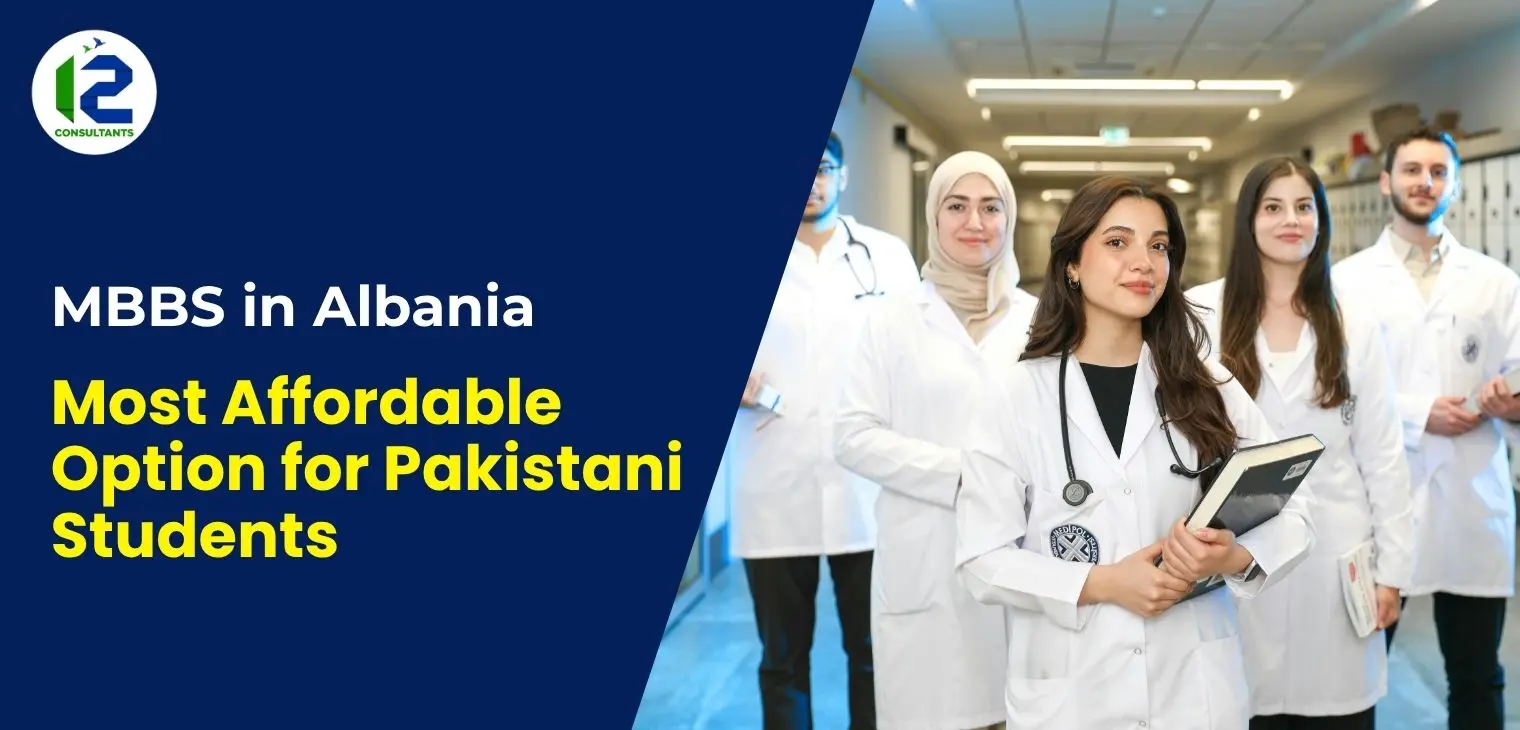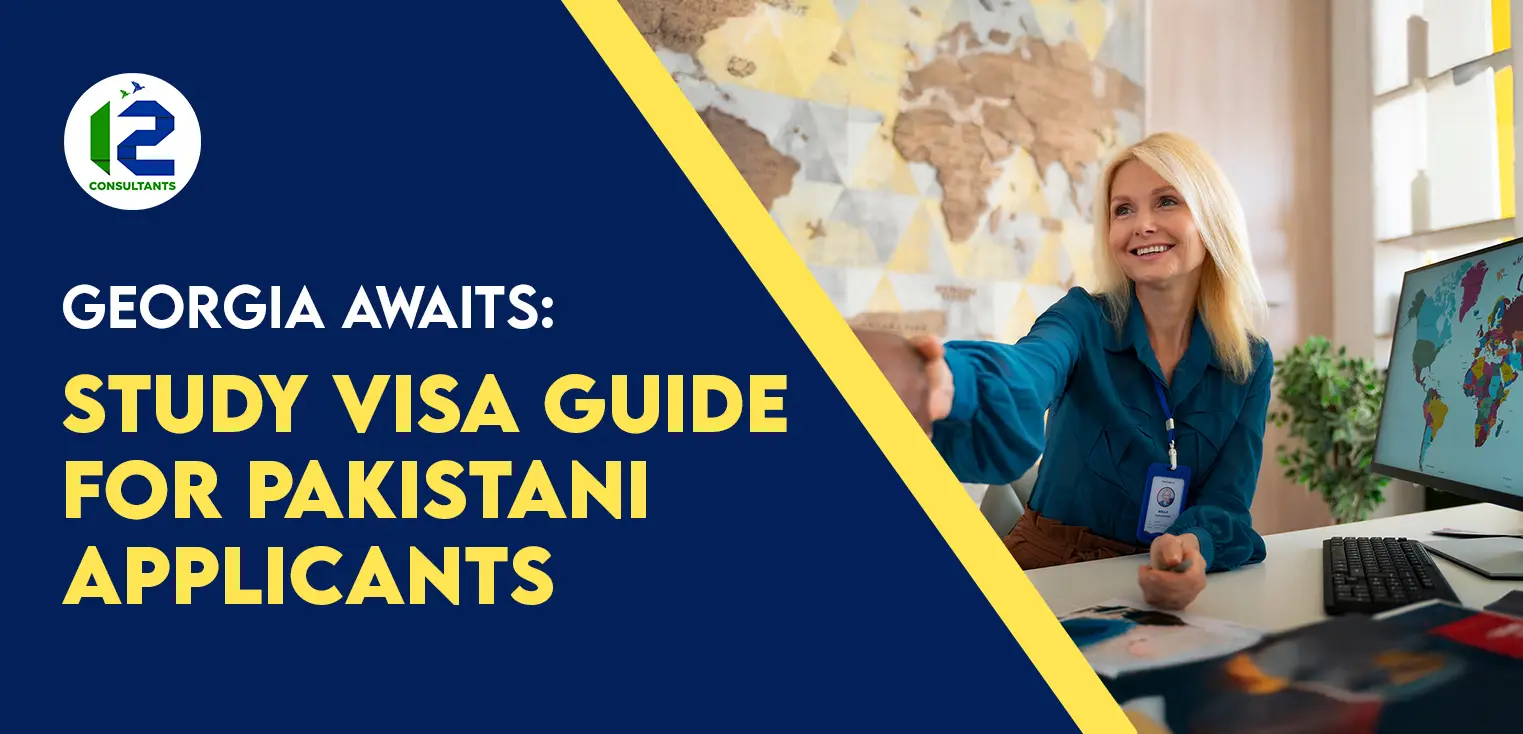
Study MBBS in Portugal for Pakistani Students | Tuition Fee | Eligibility Criteria | Portugal Visa Guide | Scholarships In Portugal
Portugal offers a compelling option for medical studies. The six-year integrated Master’s program provides a comprehensive and internationally recognized medical degree. Top universities like Lisbon, Porto, and Coimbra boast strong research programs and experienced faculty. Furthermore, compared to other European countries, Portugal offers relatively affordable tuition fees and a lower cost of living, making it an attractive destination for international medical students.
Table of Contents
University Name | City |
University of Lisbon (Faculdade de Medicina da Universidade de Lisboa) | Lisbon |
University of Porto (Faculdade de Medicina da Universidade do Porto) | Porto |
University of Coimbra (Faculdade de Medicina da Universidade de Coimbra) | Coimbra |
University of Minho (Escola de Medicina) | Braga |
New University of Lisbon (Faculdade de Ciências Médicas) | Lisbon |
University of Beira Interior (Faculdade de Ciências da Saúde) | Covilha |
University of Algarve (Departamento de Ciências Biomédicas e Medicina) | Faro |
University of Aveiro (Departamento de Medicina) | Aveiro |
Catholic University of Portugal (Católica Medical School) | Lisbon |
University of Évora (Escola Superior de Saúde) | Evora |

Admission to Medicine programs in Portugal can be competitive, with universities prioritising students who demonstrate strong academic performance, relevant skills, and a genuine passion for the field. Here’s a breakdown of the typical admission criteria:
Academic Background: High school diploma with strong grades in science subjects, particularly Biology,Chemistry, Physics, and Math. Some universities might consider overall GPA as well.
Entrance Exams: Passing national entrance exams (Prova Geral de Acesso) is often required. These exams assess your knowledge in core subjects and may include a language test in Portuguese. International students might need to present equivalent exams from their home country.
English Language Proficiency: Many programs conducted in English require proof of English proficiency through standardised tests like TOEFL or IELTS.
Motivation Letter: A well-written letter expressing your interest in medicine, outlining your academic achievements, relevant experiences (volunteering, work shadowing), and motivations for pursuing a medical career.
Skills Tests: Some universities might conduct additional assessments like interviews, aptitude tests, or skills tests to evaluate your critical thinking, problem-solving abilities, and communication skills.
Portuguese Language Skills: While some programs are offered in English, some universities might require proof of Portuguese language proficiency for international students, especially those planning to practise medicine in Portugal after graduation.
Equivalence of Diplomas: Your high school diploma and entrance exams might need to be evaluated for equivalency to Portuguese standards.
Application Process: Each university has its own application process and deadlines. Research the specific university you’re interested in for details.
Earning your medical degree in Portugal offers a compelling path to a fulfilling career. The first step is securing admission to a university. Research programs, application deadlines, and required documents like transcripts and entrance exam scores. Once accepted, you’ll receive a crucial document – the university’s acceptance letter.
With your acceptance letter in hand, you can initiate the visa process. Contact the Portuguese embassy or consulate in your home country. They’ll guide you through the specific requirements for a National Visa for Temporary Stay (Medical Treatment). Generally, this involves submitting documents like your passport, proof of health insurance, financial resources, and accommodation plans. Processing times can take several weeks, so plan ahead.
Remember, this is a simplified overview. Financial requirements, additional documents, and interview procedures can vary depending on your nationality and the specific embassies handling your case.

Eligibility:
EU/EEA/Swiss students can work freely in Portugal without restrictions on hours or needing a permit.
Non-EU/EEA students can work part-time (up to 20 hours per week) during the semester with a valid student residence permit. However, during semester breaks and holidays, they are allowed to work full-time.
Obtaining a Student Residence Permit:
Non-EU/EEA students need to apply for a student residence permit within 3 months of arriving in Portugal. This application is submitted to the SEF (Immigration and Borders Service) and typically requires documents like your passport, proof of enrollment at your university, and proof of financial means to support yourself.
Job Options for Students:
Popular job choices for students in Portugal include working in hospitality (restaurants, cafes), retail stores, customer service (call centres), or administrative roles. Additionally, depending on your skills and qualifications, freelancing might also be an option.
Benefits of Working as a Student:
Working as a student in Portugal offers several benefits. You can gain valuable work experience, improve your Portuguese language skills, help offset living expenses, and even build professional networks.
First, you’ll need to research the specific requirements and deadlines of your chosen university’s medicine program.Generally, this involves submitting documents like your high school transcripts, entrance exam scores (national exams or equivalents), and a well-written motivation letter outlining your academic achievements, relevant experiences, and passion for medicine. Some universities might require proof of English language proficiency for programs conducted in English. Once accepted, you’ll receive a crucial acceptance letter, a key document for the next step.
The second step involves applying for a National Visa for Temporary Stay (Medical Treatment). This typically requires contacting the Portuguese embassy/consulate in your home country. They’ll guide you through the specific documents needed, which often include your completed visa application form, valid passport, photos, and the university acceptance letter. Proof of financial resources to cover your stay, health insurance with medical coverage in Portugal, and accommodation plans are usually mandatory. Submitting the application and fees is followed by a waiting period that can take several weeks or even months, so plan accordingly.
Portugal beckons international medical aspirants with its prestigious six-year integrated Master’s program, leading to a globally recognized medical degree. Standout universities like Lisbon, Porto, and Coimbra boast cutting-edge research and seasoned faculty. Furthermore, Portugal entices students with its budget-friendly tuition fees and lower cost of living compared to other European destinations.
The initial hurdle is securing admission to your desired university’s medical program. This necessitates meticulous research into program specifics and application deadlines. Universities typically require high school transcripts, entrance exam scores (national exams or approved alternatives), and a compelling motivation letter that highlights your academic prowess, relevant experiences, and unwavering drive to pursue medicine. English-language programs might require proof of English proficiency through standardised tests like TOEFL or IELTS. Earning acceptance yields a crucial document – the university’s acceptance letter – which becomes your gateway to the next step.
The second step involves obtaining a National Visa for Temporary Stay (Medical Treatment). Initiate this process by contacting the Portuguese embassy or consulate in your home country. They’ll provide specific guidance on the required documentation, which often includes your completed visa application form, a valid passport, photographs, and most importantly, the university’s acceptance letter. Proof of sufficient financial resources to cover your stay in Portugal, health insurance with medical coverage there, and documented accommodation plans are usually mandatory. After submitting your application and fees, be prepared for a waiting period that can stretch for several weeks or even months. Therefore, meticulous planning is essential for a smooth transition. Remember, this is a simplified overview, and specific requirements can vary based on your nationality and the embassy handling your case.
Latest Post
Georgia, located between Europe and Asia, has become a popular...
Studying MBBS in Europe offers an affordable and high-quality medical...
Studying in Georgia is an exciting opportunity for many Pakistani...
MBBS in Albania for Pakistani students is a promising opportunity...
Due to the ongoing Ukraine-Russia conflict, many Pakistani and international...
Georgia study visa for Pakistani students stands out as one...
For many Pakistani students aspiring to pursue a career in...
For Pakistani students seeking affordable and quality education in Europe,...










